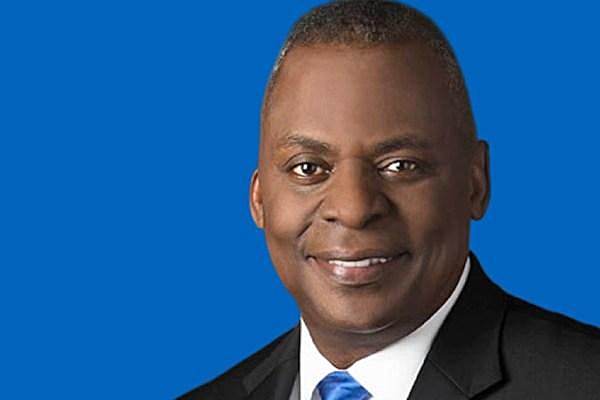The Minister of Finance and Coordinating Minister of the Economy, Wale Edun, has disclosed that Nigeria currently spends $600 million on fuel importation per month.
During an interview on AIT’s Moneyline program, Edun emphasized that the high import bill is a result of neighboring countries, including those in Central Africa, benefitting from Nigeria’s fuel imports.
He further explained that President Bola Tinubu removed the fuel subsidy because the country lacks accurate data on its internal fuel consumption.
According to a report by the National Bureau of Statistics, Nigeria’s petrol import has reduced to an average of one billion liters per month since the removal of the fuel subsidy on May 29, 2022.
“The fuel subsidy was removed by Mr. President on May 29, 2022, and at that time, only 4% of the value was going to the poorest 40% of the population. So it was not benefiting them significantly,” Edun stated.
Furthermore, Edun highlighted that Nigeria’s fuel imports are not solely for domestic use but also for neighboring countries to the east, north, and west. He emphasized the need for Nigerians to address this issue and consider alternative solutions.
Edun emphasized the government’s priority of ensuring the welfare of the people, especially the vulnerable, and ensuring the availability and affordability of food. He clarified that the N570 billion fund released to state governments in December 2022 was a reimbursement under the COVID financing protocol.
Regarding the recent decision to raise the maximum borrowing percentage in the Ways and Means from 5% to 10%, Edun clarified that it does not indicate a reliance on Central Bank of Nigeria financing. He affirmed that market instruments have been utilized to manage the country’s debts.
Edun reassured that the importation of food would not undermine local farmers and would only be allowed after local supplies have been exhausted. He emphasized that these interventions aim to reduce inflation, stabilize exchange rates, lower interest rates, and create a conducive environment for investment and job creation.

